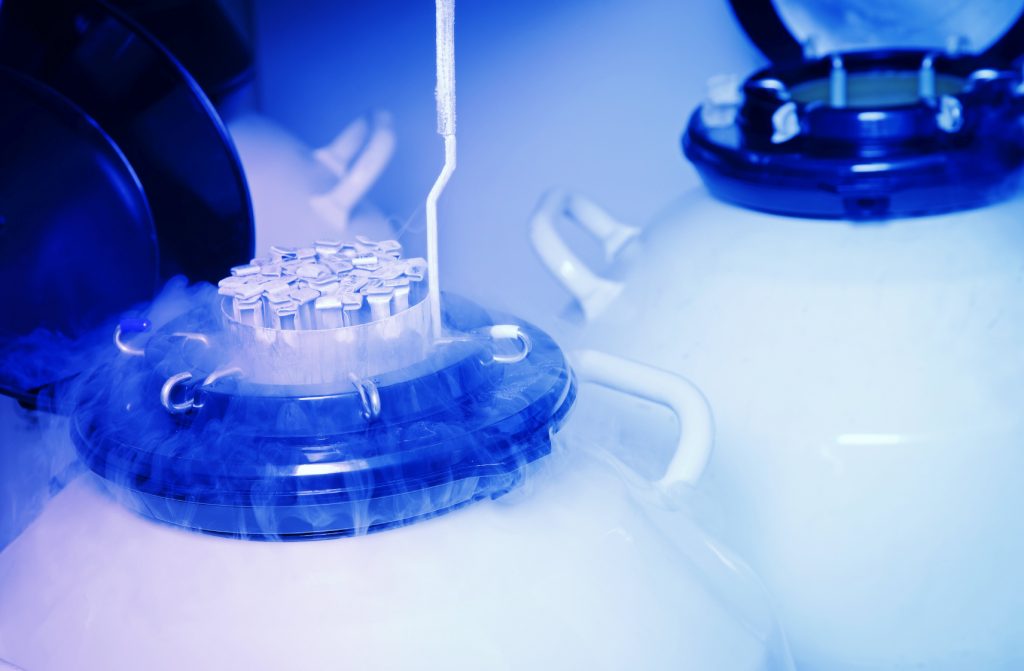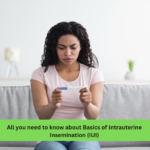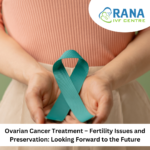Success Rate of Egg freezing
The data and statistics that we have today for the egg freezing success rates are derived from an outdated and inefficient egg freezing method known as slow freezing. It gets further elusive due to the fact that women who have frozen their eggs either don’t use them soon or even never use them.
A comparison of success rates of ‘slow freezing’ vs. ‘vitrification’-
The vitrification is an advanced technique that enables the eggs to greatly survive the ‘freezing’ process (to store the eggs) and eventually the ‘thawing’ process (when it is to use for IVF). Consequently, the success rate with this egg freezing method shoots up around 90-95% comparatively to the 61% success rate with the slow-freezing method.
A comparison of the viability of frozen eggs vs. fresh eggs
In 2010, a journal of ‘Human Reproduction’ published a detailed report based on the study done to bring in light the capabilities of the frozen and fresh eggs to develop into a successful pregnancy.
A total of 600 women undergone pregnancies with IVF using the donor eggs extracted from younger and healthy women. Half of them randomly were made to use the frozen & thawed eggs, whereas other half were provided with the fresh eggs.
Consequently, no remarkable difference in the success rates of frozen and fresh eggs was established.
- This does mean that the frozen eggs remain as viable over the time as the freshly extracted eggs signifying the effectiveness and success of oocyte cryopreservation.
How ageing affects the success of egg freezing-
In 2010, SART published their report to determine if the maternal age influences the success of IVF.
The insight obtained is quite intriguing-
Age IVF Success Rate
<35 41.5%
35-37 31.9%
38-40 22.1%
41-42 12.4%
43-44 5%
≥45 1%
Three important conclusions can be drawn from this study-
- The success rate of live births from the eggs retrieved from young females in their 20s remains consistently around 50%, whatever be the age of the women carrying the baby.
- The chances of a successful pregnancy decline as the women get older.
- There are better chances of a successful IVF when the eggs are frozen earlier as those eggs are healthier without any newly developed problem in comparison to the typical IVF patient.
It is, therefore, the age of eggs that matter more than the age of female itself when it comes to egg freezing success rates. It can be her eggs that she froze earlier or donor eggs from a young donor.
Rana Fertility Clinic is highly proficient at carrying out successful egg freezing and IVF, resulting in a healthy pregnancy. The services are available at quite affordable rates.
The number of eggs to freeze-
A white paper, named “Egg Freezing and the Biological Clock”, was published by Dr Joshua Klein, wherein the number of eggs frozen were found to directly proportional to the success rate of egg freezing.
The stats for a woman who froze her eggs at or before 35 are-
No. of Egg Frozen Chances of live birth
5 15%
10 61%
15 85%
Conclusively, the sooner and higher in number a woman freezes her eggs, increased will be the chances later in her life when she desires to get pregnant. She will have less to worry about the health of her baby as the egg quality remains significantly intact in her younger age, which gradually depletes with growing age. Therefore, the eggs frozen at an early age remain highly viable and free from any genetic defect.






No Comments